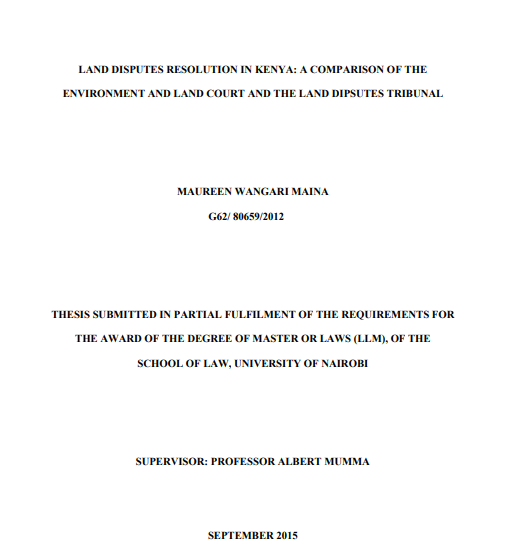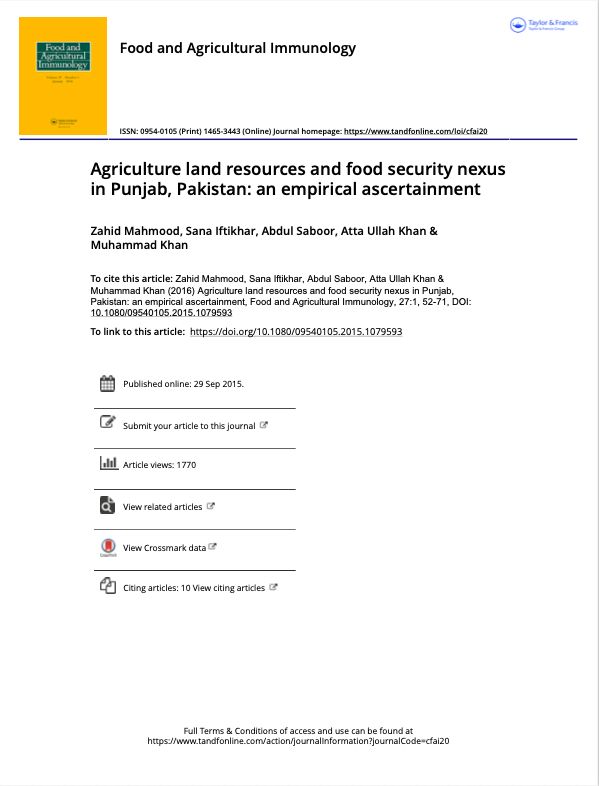Job Opportunities along the Rural-Urban Gradation and Female Labor Force Participation in India
The recent decline in India’s rural
female labor force participation is generally attributed to
higher rural incomes in a patriarchal society. Together with
the growing share of the urban population, where female
participation rates are lower, this alleged income effect






